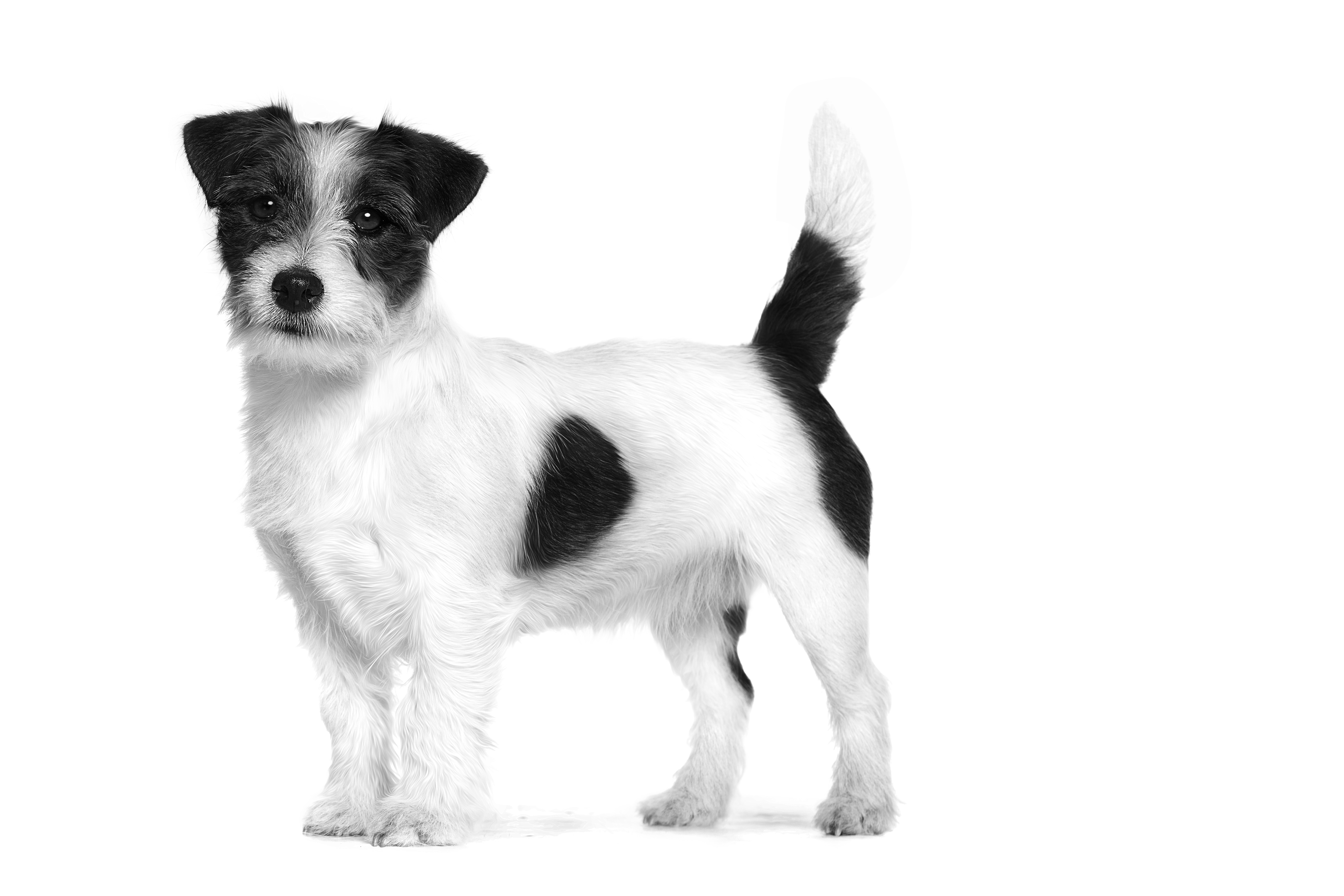Spotting signs of digestive problems in your dog

If you’ve noticed changes in your dog’s digestion, bowel movements or eating, it’s important to take them to your veterinarian so they can conduct a full examination. However, there are also many signs you can look out for that may indicate specific digestive problems.
Understanding your dog’s digestion and what’s "normal" for them when it comes to bowel movements and other bodily functions is useful, as you’ll be able to quickly spot if something isn’t right.
Diarrhea and digestive problems in dogs
Diarrhea is a common sign of digestive issues, particularly with the large and/or small intestine. If your dog has diarrhea, they will feel the need to move their bowels more frequently and do so very regularly. Their stool is likely to be more liquid-like than solid, and may contain mucous. Large intestine conditions result in your dog having small volumes of diarrhea but passing these very frequently.
Constipation in dogs
Constipation is another commonly occurring sign of digestive problems, and can have a number of potential underlying causes. If your dog is constipated, their faeces will be hard or dry, and they will move their bowels infrequently. They may also show signs of increased straining when attempting to move their bowels.

Vomiting and regurgitation in your dog
Some digestive problems can result in your dog regurgitating or vomiting, which are two different bodily functions with different causes.
Regurgitation is a passive activity which happens immediately after swallowing, and results in your dog bringing up undigested, solid food. They may also show pain when swallowing. Vomiting is a reflex action which is accompanied by nausea, retching or hypersalivation; food and liquids are brought up and may be partially digested in stomach acid. These symptoms are most often associated with digestive problems to do with the transport of food to the stomach via the esophagus, and with the stomach or broader gastrointestinal system itself.
Your dog’s behaviour and appearance
As well as diarrhoea, constipation, vomiting and regurgitation, your dog may exhibit changes in their behaviour and appearance which can signal digestive problems. For example, chronic digestive issues result in their body not being able to absorb all the nutrients it needs, leading to significant weight loss and a dry, dull, brittle coat.
Excessive eating when combined with weight loss can be a sign of malabsorption; the dog is over-eating to try and get the nutrients its body is lacking. Appetite changes, along with flatulence and abdominal discomfort, may be a sign of problems in the small intestine, and if your dog exhibits many of these symptoms frequently, increasing month by month, this could indicate they are suffering with inflammatory bowel disease.
Getting to know your dog’s eating habits and other bodily processes is the first step in recognising when they may have a digestive issue. If their behaviour has changed significantly, including showing signs of vomiting, constipation or diarrhoea, it’s crucial to visit your local vet so they can advise you on the best course of action.
Related Articles

Find a vet
If you have any concerns about your dog’s health, consult a vet for professional advice.
Like & share this page